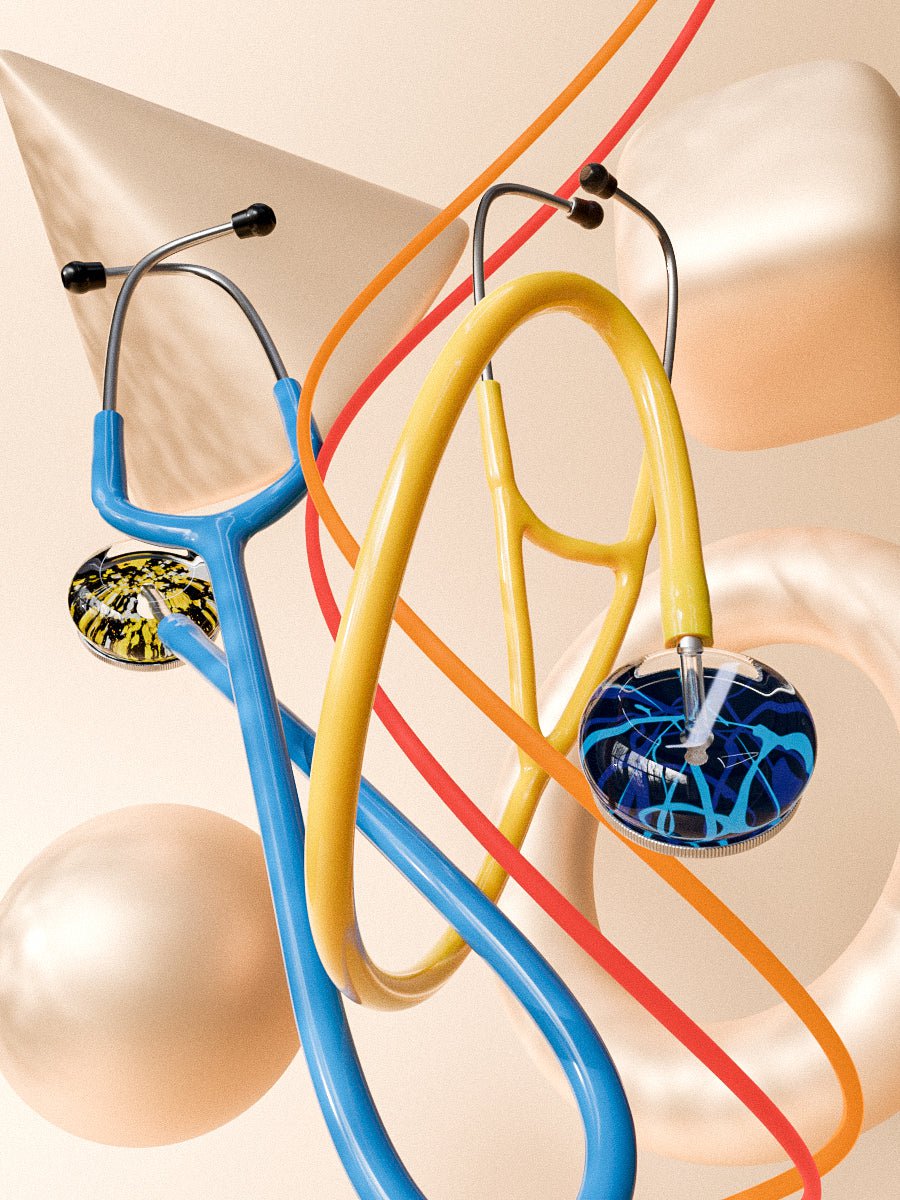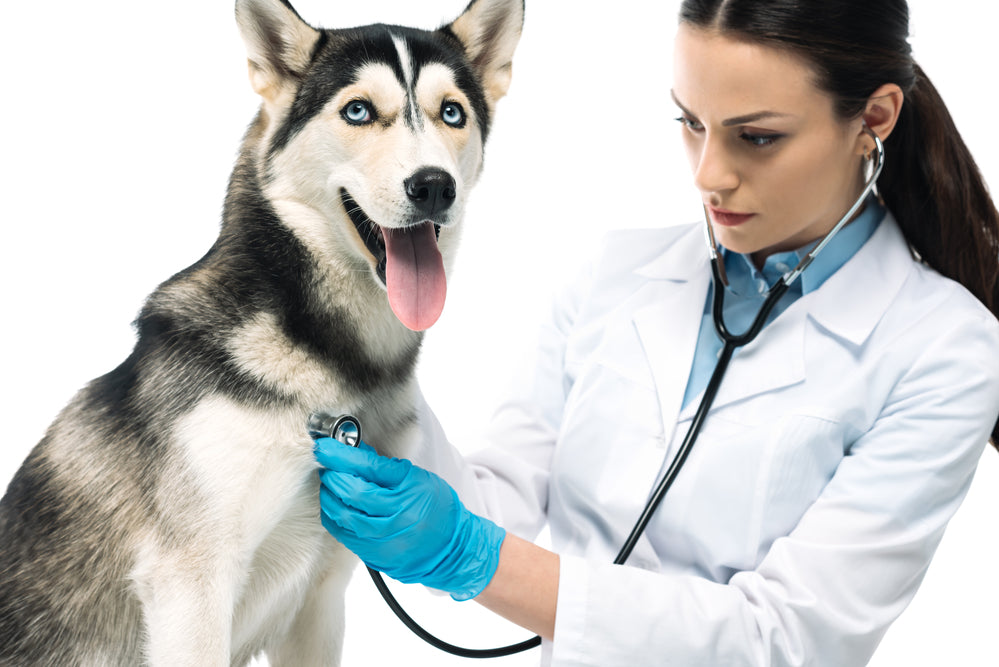PRN is an abbreviation that stands for "as needed." It is a prescription given to patients in the form of medication. PRN can be used for pain management, stomach sickness and other ailments. Some doctors will give their patients medicine as PRN based on how often they feel like it is necessary or when they see that symptoms worsen. This blog post discusses what does the phrase "PRN" mean in the medical world? Where does this term come from, and what are some treatments one might need PRN?
Where does the medical term "PRN" come from?
The term PRN comes from the word "pro re nata," which is Latin for "as needed." This phrase can be applied to anything that may need attention when it's necessary, not just medication. For example, a medical professional might write in their notes: pro re nata (PRN) meds as patient requests or pro re nata (PRN) as needed.
What does PRN typically treat?
In general, the term "pro re nata" is used to denote medication that can be given on a case-by-case basis. Some of these medicines are painkillers and stomach illness treatments; both have been prescribed at times for use when it's necessary.
Is PRN prescribed for pain management?
Yes, the term pro re nata can be used as a general indication that there will be an "as needed" prescription given to patients who feel they need it. This is especially true in cases of chronic pain, which might not have consistent periods where medication would be needed or would be recommended.
How about stomach sickness?
Although the term "pro re nata" is generally used to denote medication for pain relief, it can also refer to prescription medications that help with nausea and vomiting—both of which are common symptoms associated with a host of gastrointestinal illnesses. In this way pro re nata (PRN) meds can be prescribed for stomach sickness.
Why do doctors prescribe medicine as PRN?
Doctors may prescribe medication pro re nata when they wish to ensure that the patient has enough of their prescribed drugs on hand in case of an emergency, or if there is a need for one-time use. This practice also allows patients more freedom and control over their own health care, and they are not dependent on the prescribing doctor.
Most common ailments that PRN is used for:
-Pain relief for sudden and unexpected pain when a doctor is not available to prescribe medication. PRN has been used for patients just out of surgery allowing the patient to determine when paid medication is needed on an as needed basis.
-Nausea or vomiting that does not respond well to medication, but will improve with rest and fluids. Anti-Nausea medication is another common PRN prescribed medication so that the patient can request it when he or she is feeling nauseous.
-A feeling of being too full after eating even though the stomach has shrunk (usually following surgery). If there are no other symptoms such as abdominal pain, nausea or vomiting, then the patient is advised to eat small frequent meals and lots of fluids. Requesting the patient to eat "as needed" is also another common time that PRN is used, and once again this is usually after there has been a surgery performed.
The most common reasons doctors prescribe medicine as PRN:
Allows the patient to receive the medication when needed. Often it is up to the patient to determine when they are in pain or feeling nauseous.
Gives the patient more control over their own treatment plan. For example they may not need to take as much medication depending on how their body is reacting to anti-nausea medications or painkillers.
Allows the nurses to administer the medications without the doctor needing to be present.
In Conclusion:
This term has been in use since the seventeenth century and can still be found within many medical institutions today. In regards to pain management or stomach sickness, a doctor will prescribe medication as PRN when the patient requests it and the doctor will prescribe medication as PRN when they feel that the medication is needed.
Disclaimer: This article does not present medical advice, but rather seeks to provide you with information about a term in medicine. If there are any questions please speak to your physician for more clarification.





